Saffron is particularly special for us; its magical scent along with its unique flavour inspires us each day and reveals a world of possibility in the kitchen.
We invite all brave souls who are keen to share their culinary secrets! If you have something delicious on your mind, don't hesitate to share it at [email protected] Let's show our appreciation for all those incredible cultures who dedicate their time and effort towards tantalising taste buds!
For now, love yourself and enjoy this one ...
By Beth Schreibman Gehring
As we slowly transition from winter to spring, an enchanting and unique rhythm is created. This is a time for us to gather our loved ones, enjoy the warmth of home and anticipate the arrival of spring. Inspire by my indoor gardening adventures with my grandson, I invite to you experience the essence and magic of this magical season. We will explore cozy traditions as well as heartwarming moments.
Our garden excursion last week revealed daffodils and snowdrops peeking out through the white snow. These tiny green shoots appeared from their blankets of white, promising beautiful snowdrops in the future. It was an example of resilience, just like the herbs that we prize for their ability thrive in harsh conditions. Speaking of herbs, Wolfie, my dog, and I were delighted to discover new sage, rosemary, thyme and lavender shoots in the garden.
Midwinter is the ideal time to plan and dream about the green, lush days that lie ahead. Bring out the seed catalogs to introduce your entire family, young and old, to gardening. Herbs play an important role in gardening all year round. Consider planting more herbs in your garden plans. These quiet healers thrive with some of the plants that are more sensitive and provide us with their gifts.
Many herb lovers enjoy discussing which herbs will be planted with the flowers and vegetables in their garden. I am always excited to plant basil, lavender, rosemary and other herbs. What's the best part? Herbs like basil, rosemary and lavender can also be used to naturally repel pests.
We love to decorate our mantel to celebrate the beauty of winter and the unity of family. Candles cast a soft glow, winter greens are arranged, and symbols of hope and light are woven into the design.
As we weave the herbal knowledge into its fabric, this time-honored tradition deepens. We place fragrant herbs such as rosemary, thyme and sage along with the greens and candles on our mantel. In herbalism, the rosemary plant is a symbol of protection and remembrance. We believe in its power to protect our family and ward off negativity. We breathe in the wisdom and enchantment from the past, enriching our mid-winter traditions. You can create the same magic even if you don't own a fireplace mantel.
Consider adding some herbal enchantment as you decorate your home. You can bring hyacinth bulbs, daffodil, and narcissus, snowdrops and budding twigs indoors and they will fill your home with their vibrant colors and scent. Place aromatic herbs such as mint and thyme, which are healing and fragrant, in pots around your home.
We also like to celebrate the bounty of midwinter with a big feast. Use herbs to enhance your dishes. They can transform them into special delights by adding vibrant flavors and healing properties. Thyme is a great culinary herb, but it also has antibacterial properties. Sprinkle fresh thyme on your roasted root vegetable and enjoy its earthy, aromatic flavor.
Oregano is another herb that grows in gardens even when it's cold outside. It adds depth and warmth to your culinary creations. A sprinkle of dried oregano can transform an ordinary dish, whether you are making a tomato sauce or a stew.
Herbs such as rosemary and sage that are often associated with winter meals season meats and enhance dishes. One of my favorites this time of year is a roasted chicken stuffed with onion, apple, orange, sage, and rosemary and rubbed with a blend of butter, honey, and curry powder. The scent is sublime.
Don't forget to explore the world of herbal teas. As you cozy up by the hearth, sip on a cup of peppermint tea, known for its invigorating and digestive benefits. Peppermint's refreshing flavor provides a delightful contrast to the richness of winter meals. Embrace the soothing properties of chamomile; its delicate, apple-like flavor is a soothing balm for the soul, making it the perfect companion for chilly winter evenings.
Finally, Midwinter's quiet moments create an ideal backdrop for journaling. Before putting pen to paper, light a lovely candle, prepare your favorite tea, close your eyes, and take a moment to breathe deeply. Visualize your path ahead and embrace the inner warmth and wisdom that will guide you through the remaining winter days.
Consider dedicating a section of your journal to your herbal endeavors, documenting the growth and development of your garden, the herbs used in cooking, or your explorations in herbal remedies. Note the changing appearances of herbs through the seasons and the delightful surprises that nature offers.
As we embrace these heartwarming activities and traditions, we find ourselves moving through the season with wonder and warmth. Midwinter is a time of cherished memories, renewed connections with nature, and a deep appreciation for the beauty each season offers. So, let's cozy up by the hearth, draw our loved ones close, and celebrate this enchanting time as we eagerly await the arrival of spring's gentle embrace.
Medicinal Disclaimer: It is the policy of The Herb Society of America, Inc. not to advise or recommend herbs for medicinal or health use. This information is intended for educational purposes only and should not be considered as a recommendation or an endorsement of any particular medical or health treatment. Please consult a health care provider before pursuing any herbal treatments.
Photo Credits: 1)Snowdrops (courtesy of the author); 2) The next generation of herbal enthusiasts (courtesy of the author); 3) A variety of herbs adorn a table (Annie Spratt at Unsplashed); 4) Roasted chicken and herbs (courtesy of the author); 5) A warming cup of tea (Canva)
Beth Schreibman Gehring is a lover of all things green, delicious, growing, beautiful, magical, and fragrant. She's also a lifestyle blogger, storyteller, and occasional wedding and party planner who uses an ever-changing seasonal palette of love, life, and food to help her readers and clients fall madly in love with their lives! Beth lives and works with Jim, her husband of 40 years, and is owned by 17 full sets of vintage dishes, hundreds of books, two cats, one dog, a horse, a swarm of wild honeybees, a garden full of herbs, fruit, vegetables, and old rambling roses, too many bottles of vintage perfume and very soon, a flock of heirloom chickens! She is the author of Stirring the Senses: How to Fall Madly in Love with Your Life and Make Everyday a Day for Candles & Wine (available on Amazon) and is currently working on a new book, Roses for Beauty, Flavor, and Fragrance. Join her in her gardens at https://bethschreibmangehring.substack.com/, or contact her at [email protected].
By: The Herb Society of AmericaTitle: Moving through Midwinter
Sourced From: herbsocietyblog.wordpress.com/2024/02/19/moving-through-midwinter/
Published Date: Mon, 19 Feb 2024 10:00:00 +0000
Frequently Asked Questions
What plant helps with infection?
There are plants out there that help fight infections. Some even contain anti-bacterial properties. One of them is mint.
Mint has been used for centuries to treat respiratory infections such as cold symptoms and flu. Mint also supports digestion and relieves gas pains. You may find relief with peppermint tea if you have an upset stomach. Peppermint oil has antibacterial properties, which make it effective against germs.
Peppermint tea contains menthol, beta-carotene, vitamin C, calcium, magnesium, iron, and potassium. These nutrients support healthy immune systems and provide energy to keep your body strong.
You can make peppermint tea at home by adding one teaspoon of dried mint leaves to boiling water. Let steep for five minutes and drink hot three times per day.
Or you can buy peppermint tea bags at any grocery store. Simply add two teaspoons of dried mint leaves to a cup of hot water. Steep for 10 minutes and strain. Drink hot three times per day for best results.
What herbs should you take daily?
Depending on your health and wellness needs, many herbs can be taken daily to help improve your overall health.
Popular herbs for daily consumption include ashwagandha, turmeric, ginger, holy basil, chamomile, lavender, peppermint, and cayenne pepper. Ashwagandha is an adaptogenic herb that can help the body resist stress and anxiety. Turmeric is known for its anti-inflammatory properties, while ginger has been shown to aid digestion and boost immunity. Holy basil may help with managing blood sugar levels, as well as providing a calming effect. Chamomile can promote relaxation, while lavender is used in aromatherapy for its calming properties. Peppermint can help aid digestion and reduce nausea, while cayenne pepper has antibacterial properties that may boost your immunity.
As always, you must consult your doctor before taking herbs daily to ensure they are safe for you and do not interact with any other medications or herbs you may be taking.
There is no shortage of information on what foods we should eat and how much exercise we should do. But when it comes to what supplements we should take, there is a dearth of knowledge.
This is because most of us aren’t sure which ones work or which are junk. So we go online and look up whatever we can find.
But often, these articles are written by companies trying to promote their products. Which means they're usually biased toward their product.
So instead of finding unbiased advice, we end up reading marketing hype.
This makes sense since marketers make more money selling stuff than doctors.
The medical industry isn’t even allowed to advertise directly to consumers anymore. The best way to learn about natural remedies is to read independent reviews.
This is where you'll find real users sharing their experiences with each supplement. These sites give you an honest opinion of whether or not a particular herb helps.
Users will often share their experience with a supplement after taking it. This gives you a good idea of its effectiveness and any side effects.
You can also check out forums dedicated to herbalism. Here you can ask questions and receive answers based on personal experience.
Of course, there are plenty of other ways to learn about herbs.
There are books, websites, blogs, videos, podcasts, and classes. All of them provide valuable information about natural remedies.
What is the mother of all herbs?
The answer may surprise you!
It is a common garden herb known as rosemary (Rosmarinus officinalis). Rosemary has long been associated with fertility, longevity, and protection from illness. In some cultures, it was believed that the fragrance of rosemary could ward off evil spirits.
As such, it has been used for centuries in various medicinal, culinary, and spiritual applications. Rosemary has a unique flavor that pairs well with many dishes, making it a popular choice in the kitchen. Its fragrant leaves also add flavor to sauces, herbs, and meats.
Rosemary is a powerful medicinal herb used throughout the centuries to treat various ailments. Rosemary essential oil can treat respiratory tract infections, digestion problems, skin irritation, and inflammation. Its anti-inflammatory properties make it helpful in treating headaches and muscle pain as well. In addition, the oil has been used to improve cognitive function and memory recall. Rosemary can also be taken as a supplement, tea, or tincture for its many benefits.
It's no wonder rosemary is known as the mother of herbs! It truly is a versatile and valued herb.
Which plant has antibiotic and wound-healing properties?
People often ask about plants that have medicinal uses. Some of these include aloe vera, eucalyptus, chamomile, and lavender. If you're wondering why there aren't any plants used for cleaning and disinfecting purposes, it's because most plants have toxic qualities.
The reason why we use herbs for medicine is that they contain compounds that stimulate our immune system. This means that they help us fight infections and heal wounds.
Some plants also have anti-inflammatory properties. These include ginger, turmeric, and mint.
Herbs such as basil, fennel, marigold, and oregano are great for cleansing the body.
There are even some plants that help prevent cancer. Research shows that black raspberries may reduce the chances of developing breast cancer. The same goes for broccoli. It can help prevent colon cancer.
Statistics
- For those with high cholesterol, garlic supplementation appears to reduce total and/or LDL cholesterol by about 10-15% (72Trusted Source73Trusted (healthline.com)
- The global herbs market is expected to reach more than $125 billion by the end of 2025.
External Links
[TAG22]
[TAG24]
[TAG26]
[TAG29]
How To
How to use herbs safely?
Many people think that herbs should only be used under medical supervision because they believe that some herbs are poisonous. However, this is not true.
Many herbs have long histories of safe use. For example, garlic has been used for thousands of years to fight infections. It's also been shown to lower cholesterol levels and reduce high blood pressure.
However, if you're pregnant or nursing, avoid taking certain herbs. You should also avoid them if you suffer from allergies or sensitivities to herbs.
You can do several things to ensure you get the best results from your herbs and supplements. First, always read labels before consuming anything containing herbs or spices. Second, take the lowest dose recommended on the label. Third, don't use more than one supplement at any given time. Fourth, talk to your doctor about how to combine specific herbs and supplements. Finally, keep track of your consumption to know whether you need to adjust your dosage.
Resources:
 |
[TAG31]In this video we are starting out seedlings for our winter growing in the Tower Garden and we're taking you along for the journey! We'll show you just how easy |
 |
[TAG32]Hope you enjoyed this video and thank you for your support. Don’t forget to like, share and subscribe. PLEASE FOLLOW ME IN FACEBOOK https://www.facebook |
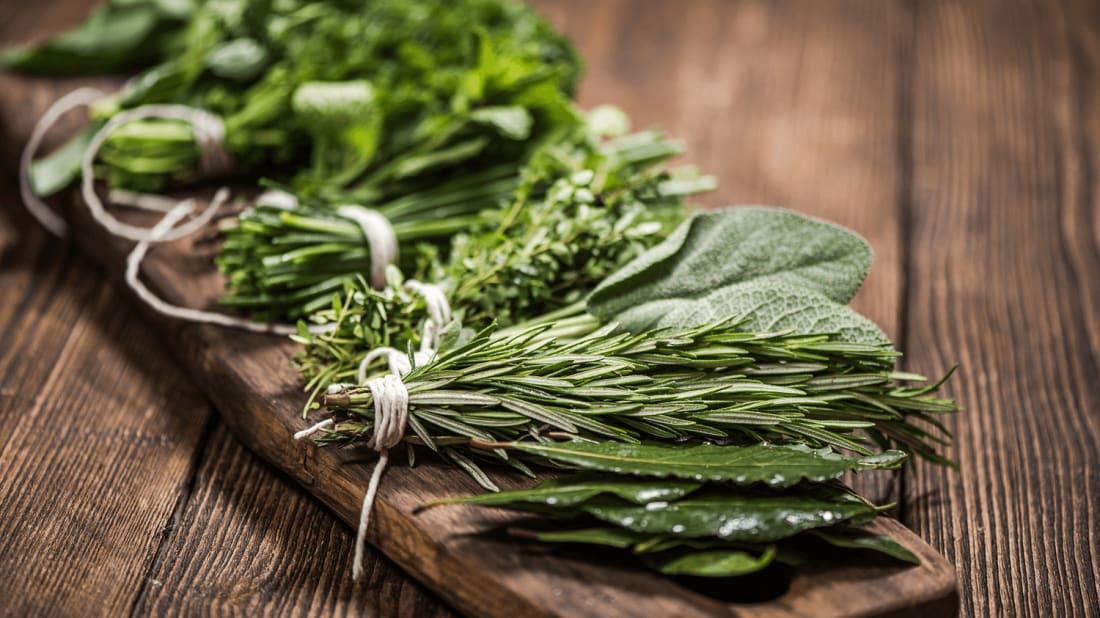 |
[TAG33]Learn herbs from respected professional herbalists offering world-class herbalist training. The NEW Professional Herbalist Course includes courses on over 600 |
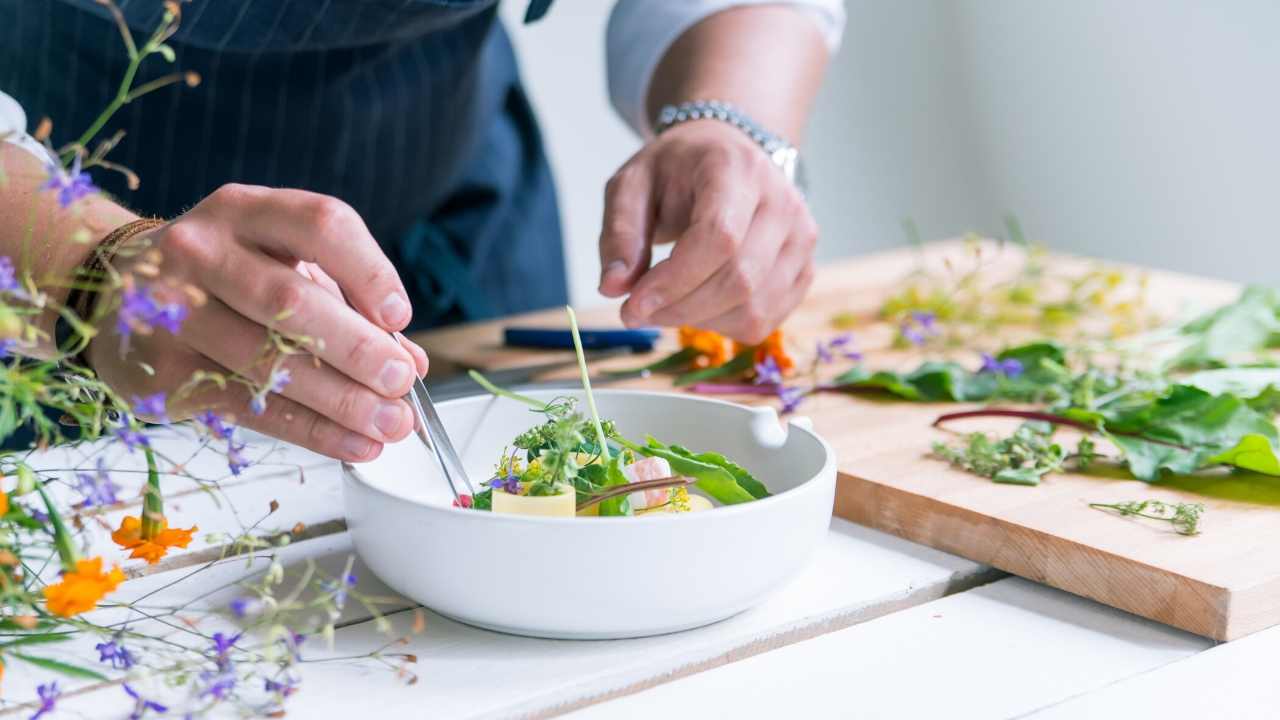 |
[TAG34]Who was the Marble Looking Man? Paul Sinclair shares his accounts of unusual and strange happenings in an around East and North Yorkshire. We now have |
 |
[TAG35]COFFEE MOANING the PODCAST ON APPLE PODCASTS: https://podcasts.apple.com/gb/podcast/coffee-moaning/id1689250679 ON SPOTIFY: |
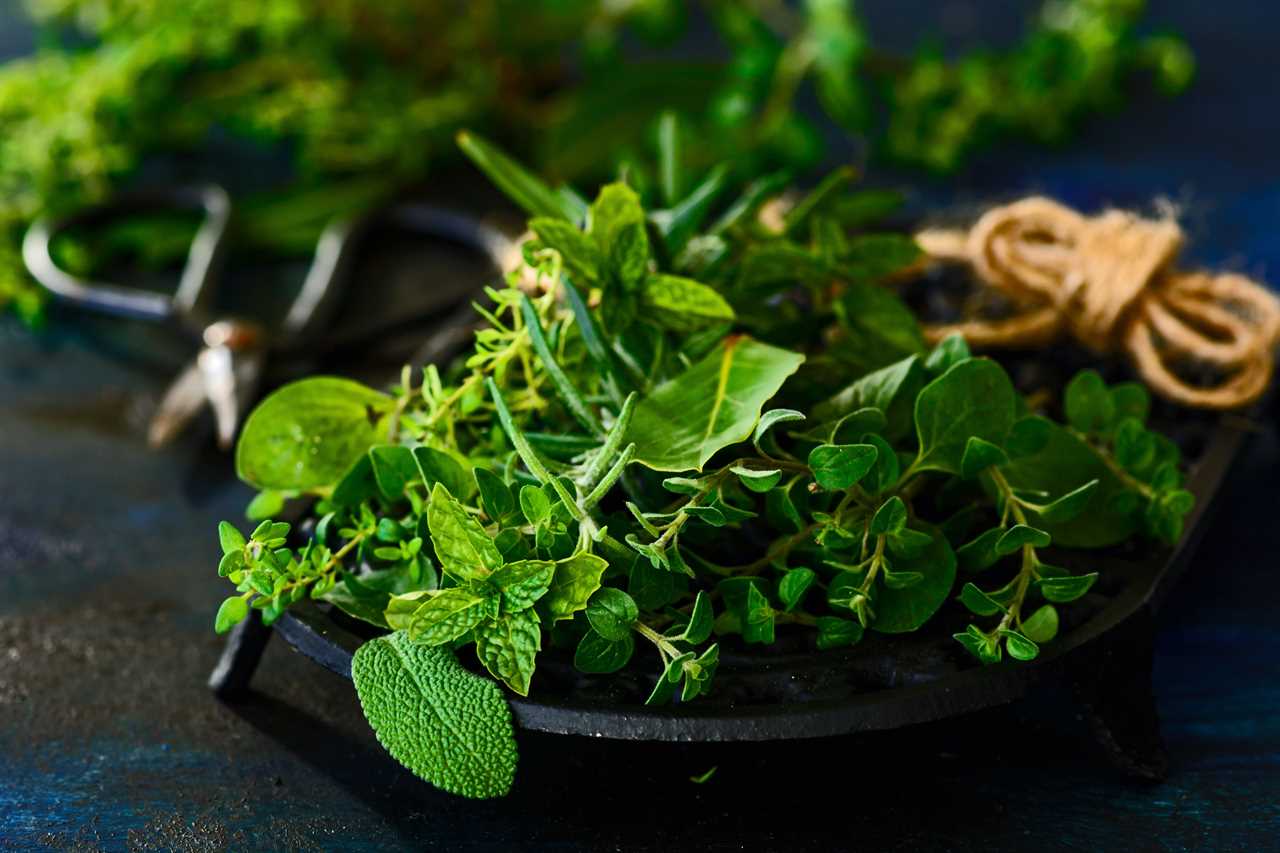 |
[TAG36]Find out more about herbs and how to use them |
 |
[TAG37]Are you eating healthy bread? If so, this video is a must-watch before you take another bite of those seemingly innocent slices. Bread might be a staple, but |
 |
[TAG38]Patrick Bet-David, Adam Sosnick, Tom Ellsworth and Vincent Oshana discuss Bill Maher's appearance on Roseanne Barr's podcast where he denies knowing MK Ultra, |
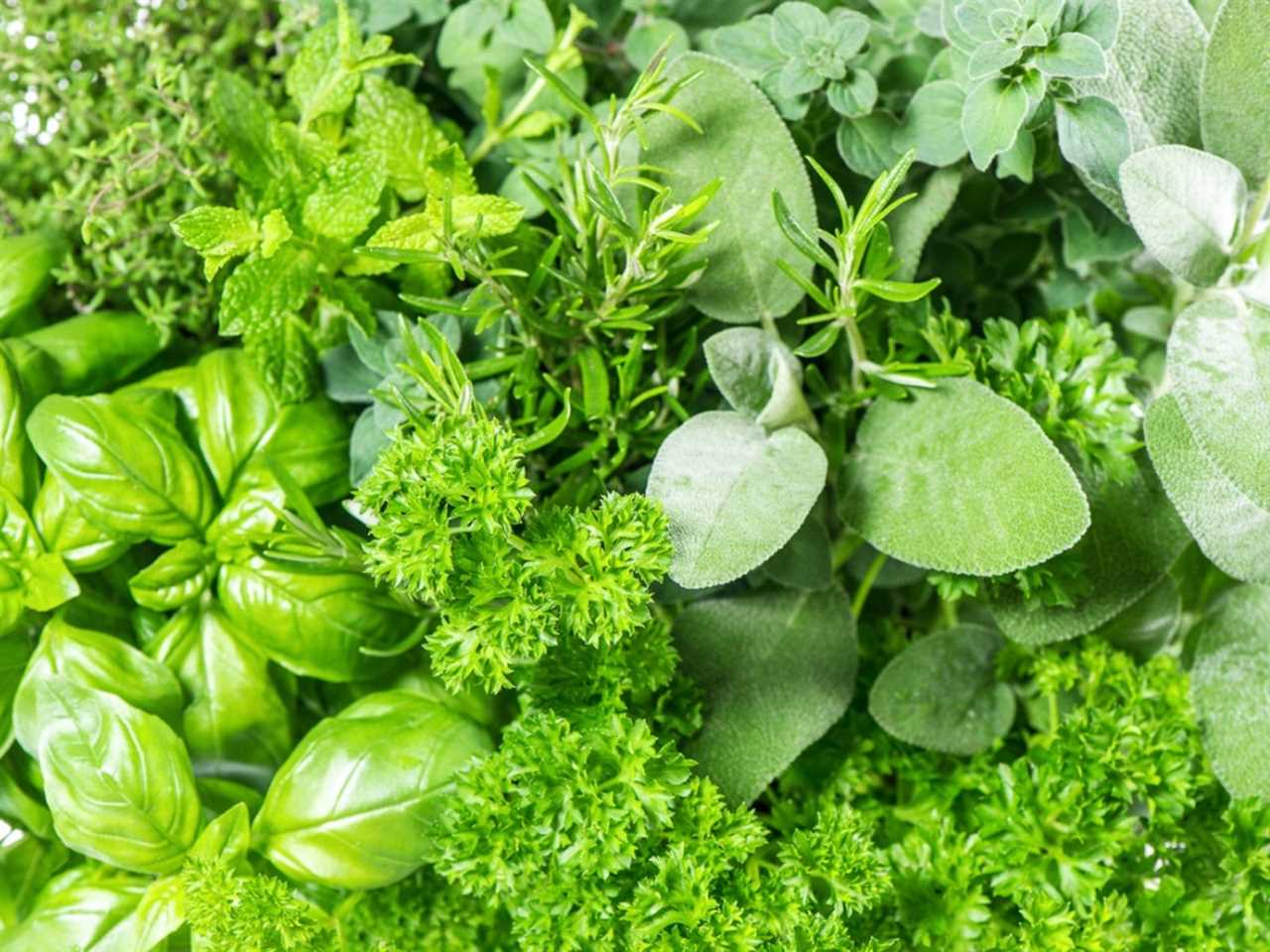 |
[TAG39]Like life, tea is what you make of it and The Cup of Life helps individuals enjoy tea in more than one way. Join me on my tea adventures through my blog! |
 |
[TAG40]Use Code THOMAS25 for 25% off Your First Order from SEED: https://www.seed.com/thomasyt Obesity Pandemic - Willpower vs Genes vs Environment This video |
 |
[TAG41]Harvesting self-grown vegetables - bursting with emotions when the old lady handed over the red book Thank you for watching my video. Wishing you good health, |
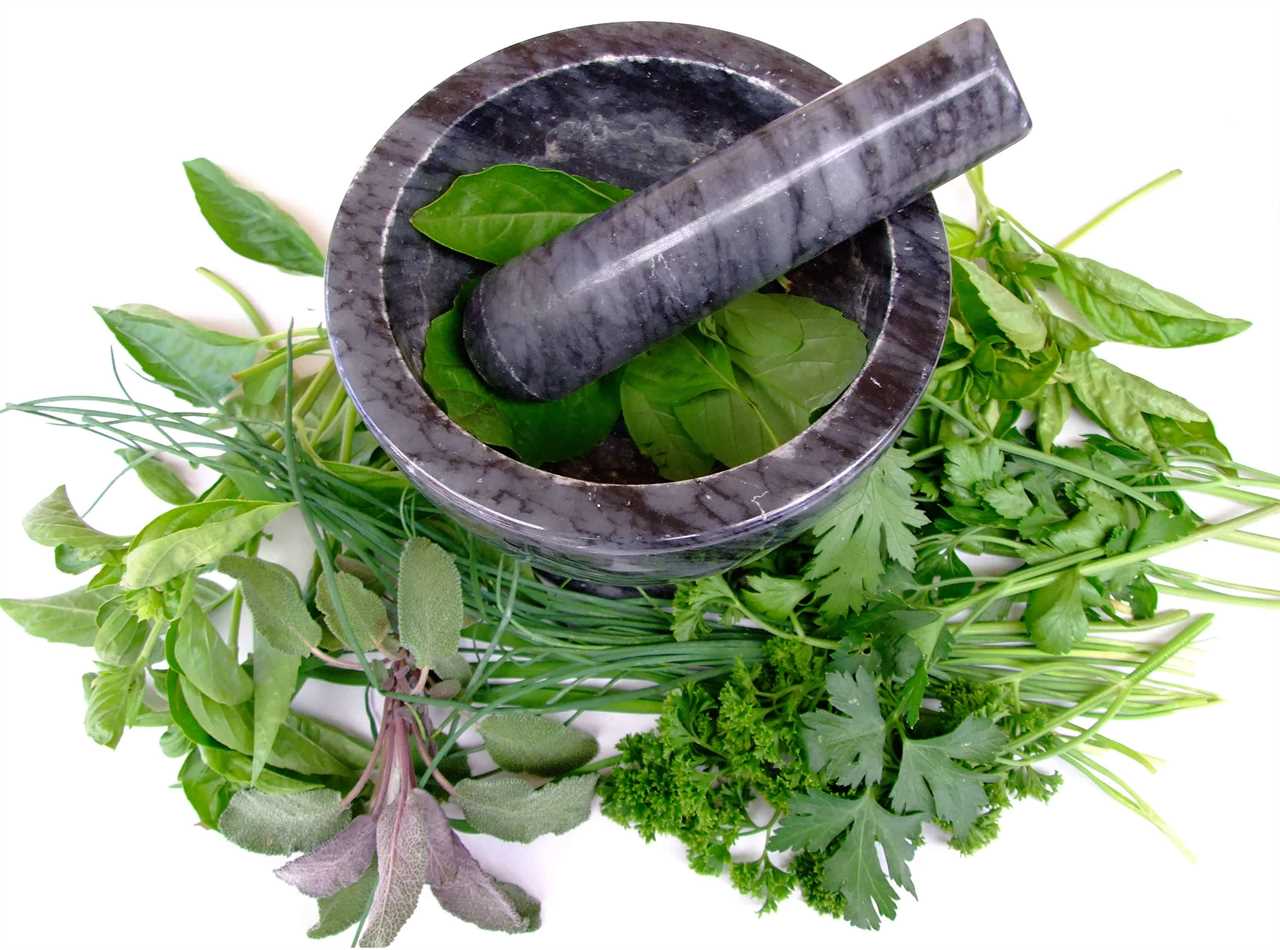 |
[TAG42]A tea assessment platform that rates teas based on objective quality markers and a sensory evaluation resulting in a list of the best teas produced each year. |
 |
[TAG43]In This Video I'm Gonna Show You How To Find And Farm All 7 Herbs In Terraria! Enjoy ! :) #terraria #guide #tutorial |
 |
[TAG44]Former President Trump in recent remarks is now working to portray President Biden as a threat to democracy, saying Biden 'is the destroyer of American |
.png)





